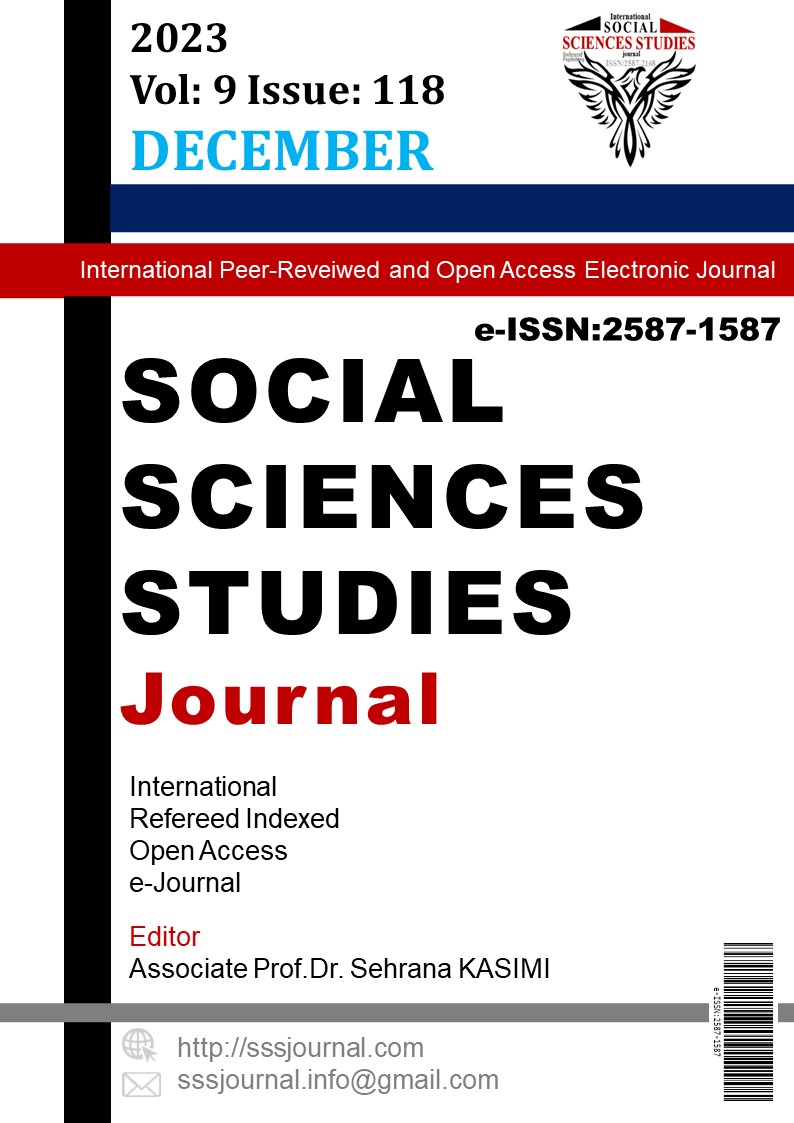Author :
Abstract
Dillerin en temel kelimelerinden olan sayılar, türeme süreçleri yönünden uzun bir tarihî altyapıya ihtiyaç duymaktadır. Bunun sebebi, sayı adların türeyebilmesi için mutlak surette toplumsal bir ihtiyacın ortaya çıkması gerekliliğidir. Nitekim entelektüel anlamda büyük sayılara ihtiyaç duymayan bazı kabilelerde hâlâ sadece üçe kadar sayılabildiği bilinmektedir. Tüm bunlar, sayı adlarının gelişiminin katmanlar hâlinde olduğunun göstergesidir. Benzer tarihsel süreçlerde türeyen sayı adlarının, benzer morfolojik özellikler taşıma ihtimali çok fazladır. Örneğin “altmış” ve “yetmiş” kelimeleri farklı köklere sahip olsalar da aynı morfolojik parçayı alarak oluşmuştur. Fakat “seksen” ve “doksan” sayılarına gelindiğinde, eskicil bir onluk bildiren yapı olan +mIX yerine bizzat “on” sayısının kelime yapım sürecine katıldığı görülmektedir. Bu çalışmada sayı kelimelerinin Nostratik dönemden başlayıp derin yapıları analiz edilerek, Türkçe sayı adlarındaki gelişme katmanlarına dair izlerin saptanması amaçlanmaktadır.
Keywords
Abstract
Numbers, one of the most basic words of languages, require a long historical background in terms of their derivation processes. The reason for this is that a social need must arise in order for number names to be derived. As a matter of fact, it is known that in some tribal languages, which have little need for number words in an intellectual sense, it is possible to count only up to three. All of these are indicators that the development of number names occurs in layers. Number names derived in similar historical processes are very likely to have similar morphological features. For example, although the words "sixty" and "seventy" have different roots, they were formed by taking the same morphological part. However, it is seen that the +mIX structure is not used in the words "eighty" and "ninety". In these numbers, the number "ten" itself has become a derivational suffix. In this study, it is aimed to detect traces of the layers of development in Turkish number names by analyzing the deep structures of number words, starting from the Nostratic period.





